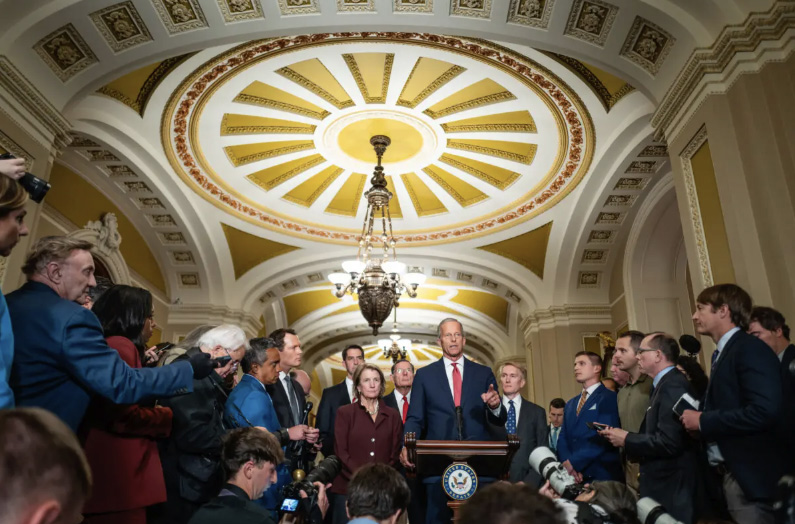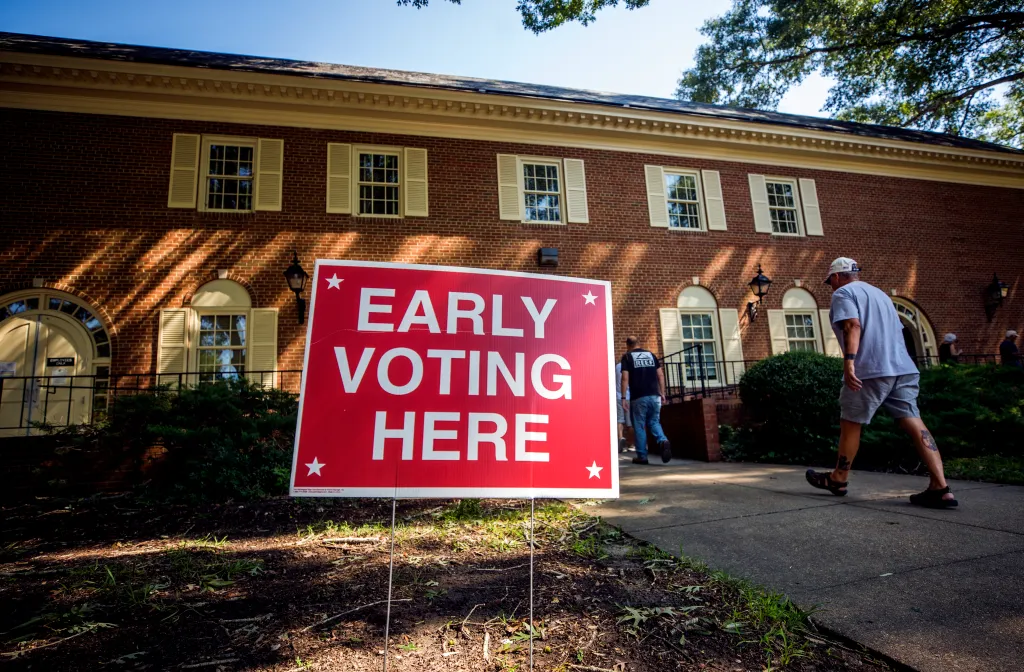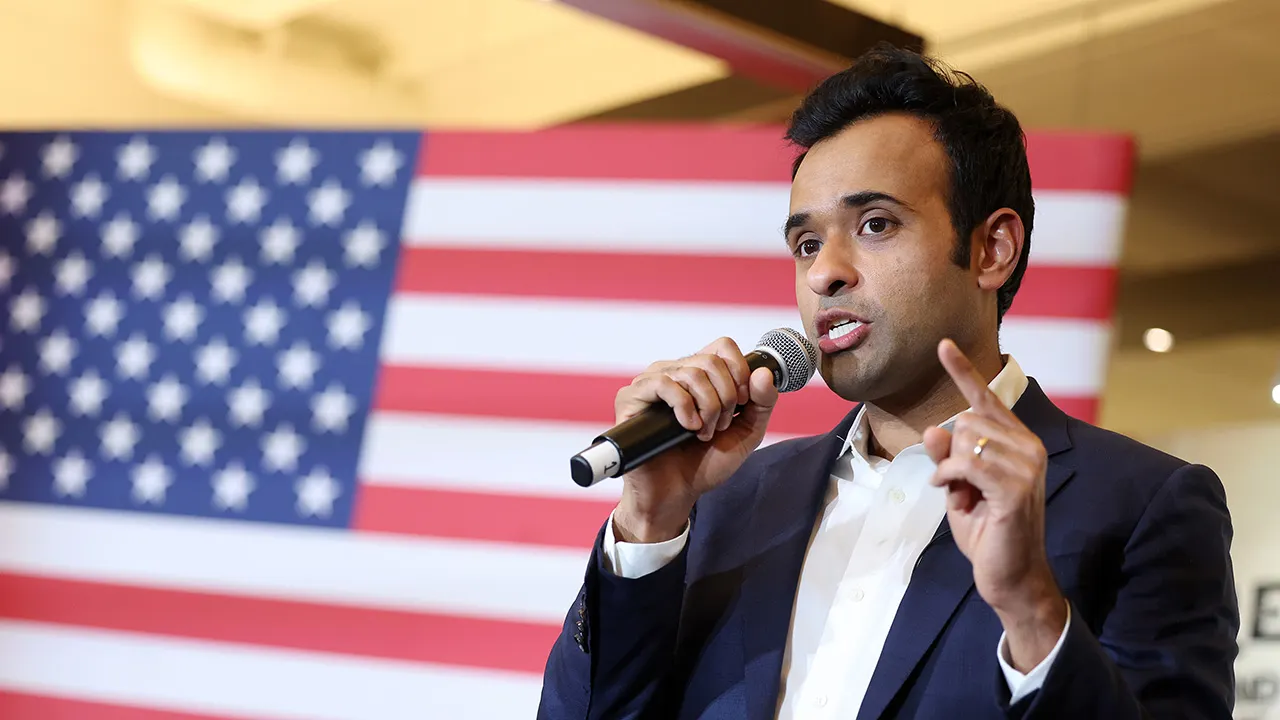
By Jackson Richman
Contributing Writer
WASHINGTON — Hours into a government shutdown, the Senate again blocked a pair of rival stopgap bills to fund the government, amid a partisan standoff that shows no signs of easing.
The federal government shut down Wednesday morning after Congress failed to pass a Republican plan to fund operations through Nov. 21.
Democrats have opposed the bill, demanding the inclusion of health care measures, such as an extension of Obamacare subsidies that are due to expire at the end of the year. The White House and Republicans have rejected negotiating these proposals in exchange for keeping the government open.
The Senate on Wednesday first rejected a Democrat-led proposal, 47-53. It would have funded the government through Oct. 31 and rolled back the Medicaid cuts enacted under the GOP-led One Big Beautiful Bill Act. It would have also extended subsidies under Obamacare.
“They wanted us to add over $1.5 trillion in new federal spending, paid for, of course, by … hard-working American taxpayers, simply for funding the government and by current spending levels,” House Speaker Mike Johnson, R-La., said on Wednesday during a press conference with fellow congressional GOP leaders on Capitol Hill. “We are not going to do that. We can’t do that. We won’t do it.”
The Senate then rejected the 24-page House-passed GOP bill, 55-45, that would have funded the government for seven weeks. Sen. Rand Paul, R-Ky., was the lone Republican vote against the bill. It would have also provided increased funding for security for members of Congress, the executive branch, and the Supreme Court.
On Tuesday, three Democrats — Sens. Catherine Cortez Masto, Nev., John Fetterman, Pa., and Angus King, I-Maine, an independent who caucuses with Democrats — joined Republicans in voting in favor of it, but it did not reach the necessary 60 votes to advance past a filibuster. This marks the third time that the plan has failed to advance in the Senate.
Johnson said that the bill would allow appropriators more time to get the government funding bills through Congress.
“They’ve passed 12 separate bills out of committee in the House, and the Senate has done its work as well. Three bills of the 12 passed in each chamber,” Johnson said at a press conference before the vote.
“They don’t line up exactly, so there’s a conference committee constituted, the first time in years that that’s happened. We just need more time, because we ran out of clock at the end of the fiscal year, Sept. 30.”
At the Capitol Hill press conference, Republicans blamed Senate Minority Leader Chuck Schumer, D-N.Y., and Democrats for shutting down the government.
“We have a bill that is clean, that just keeps these negotiations going for another two months, while the government stays open,” said House Majority Whip Steve Scalise, R-La. “And all Chuck Schumer needs to do is get over the tantrum that he’s having with the results of the election from November, and vote yes to keep the government open.”
Lawmakers from the Democratic Party have blamed President Donald Trump and Republicans for shutting down the government.
“After months of making life harder and more expensive, Donald Trump and Republicans have now shut down the federal government because they do not want to protect the health care of the American people,” Schumer and House Minority Leader Hakeem Jeffries, D-N.Y., said Wednesday in a joint statement.
“Democrats remain ready to find a bipartisan path forward to reopen the government in a way that lowers costs and addresses the Republican health care crisis. But we need a credible partner.”
House Democrat Conference Chairman Pete Aguilar, D-Calif., said during a press conference, “Because Republicans refuse to come to the table and negotiate with Democrats, Americans can suffer even more.”
During a White House press briefing, Vice President JD Vance said that he has been having one-on-one conversations with Senate Democrats while also relying on Senate Republicans to talk to their colleagues across the aisle.
“Most of the conversations, my experience, at least, have been one-off,” he said. “We’re also, of course, relying on some of our Senate Republican colleagues who have good relationships across the aisle.”



